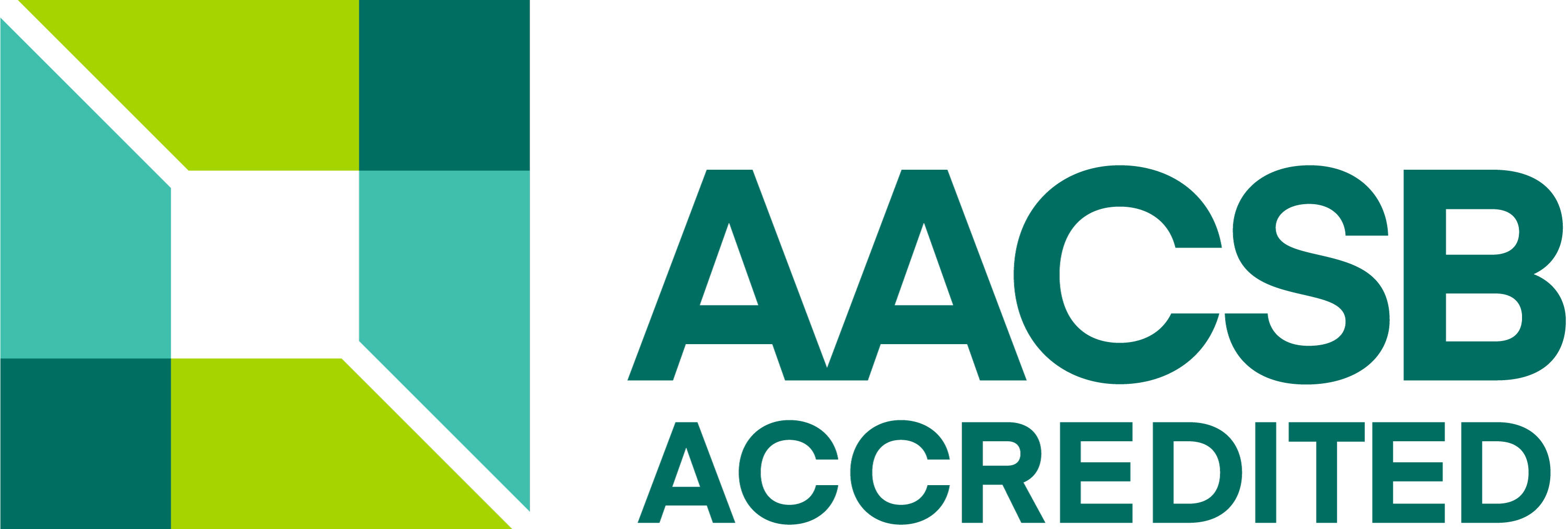Teaching Goals and Philosophy
I. Language Foundation
(1) Establishing University-Wide Foreign Language Courses
Currently, the Foreign Language Teaching Center offers various courses, including Basic English, Elective English, English Proficiency Enhancement, Second Foreign Language, Workplace Elite English, and Global Elite English. These courses are tailored to students’ proficiency levels and supplemented by second foreign language studies.
Additionally, the university integrates foreign language education with international student resources by organizing cross-cultural exchange activities. These initiatives help local students understand and respect the diverse cultural backgrounds of international students, fostering a global perspective and international literacy. Other efforts include:
• Hosting foreign language competitions with joint participation from local and international students.
• Organizing exchange receptions for international sister schools, encouraging students to apply their language skills in real-life interactions.
• Creating an international campus environment that promotes cross-cultural communication and practical language use.
(2) Offering Professional English & International Negotiation Courses
Beyond basic language proficiency, academic English and international negotiation skills are crucial for training globally competitive professionals. The College of International Affairs, in collaboration with the College of Foreign Languages and the Foreign Language Teaching Center, designs specialized courses to equip students and faculty with the necessary language skills for academic exchanges and multinational corporate environments.
Furthermore, the college:
• Conducts EMI (English-Medium Instruction) training for faculty members to enhance their English-taught course delivery.
• Encourages faculty participation in international academic conferences, boosting global research collaboration and strengthening the university’s reputation as an international institution.
(3) Expanding Foreign Language Proficiency Examinations
A centralized language certification service has been established, offering courses in English, Spanish, Japanese, Korean, and Vietnamese, along with widely recognized language proficiency tests such as TOEIC, TOEFL, IELTS, BULATS (English/Spanish), GEPT, and JLPT (Japanese proficiency test).
Additionally, the university provides:
• Mock exams and problem-solving workshops to better prepare students for certification tests.
• Support for international language certification, enhancing students’ academic mobility, career opportunities, and study-abroad competitiveness.
II. Professional Leadership
(1) Establishing International Professional Degree Programs
To support Taiwan’s education internationalization policies, the College of International Affairs actively promotes cross-institutional academic collaboration. By expanding English-taught courses and offering internationally recognized degree programs, the university aims to:
• Provide students with professional education that meets global standards.
• Attract top international students to study in Taiwan.
• Foster seamless integration with global academic institutions through strategic partnerships.
Through academic and administrative collaborations, the university establishes sister-school relationships with foreign universities, facilitating:
• Joint degree programs.
• Co-developed academic curricula.
• Diverse exchange platforms for faculty and students.
(2) Assisting Departments in International Course Accreditation
To align curriculum content with international standards and ensure high-quality education, the college actively supports academic departments in obtaining international accreditations. These efforts:
• Enhance students’ global competitiveness and mobility.
• Strengthen partnerships with international universities for dual-degree programs.
• Position the university within the global academic arena.
(3) Promoting Dual-Degree Programs
The promotion of dual-degree programs is a key strategy in enhancing Taiwan’s international education competitiveness. This initiative aims to:
• Broaden students’ international knowledge and career prospects.
• Strengthen Taiwan’s global education reputation.
• Increase students’ opportunities for employment in international markets.
To smoothly integrate dual-degree programs, the college:
• Partners with high-quality sister universities to develop complementary curricula.
• Ensures course accreditation compatibility between institutions.
• Implements overseas internship programs and strengthens faculty-student collaboration for exchange and research programs.
III. International Mobility
(1) Cross-Cultural Communication Training
The university provides foundational English training for staff members, ensuring they can effectively assist international students.
To further enhance foreign language skills, the college develops a multilingual learning platform, offering:
• Online courses in language proficiency tests, academic English, daily English, and business English.
• Customized courses tailored for students, faculty, and staff, supporting learning, teaching, and professional development.
Additionally, the university:
• Implements bilingual (Chinese-English) document processing for administrative tasks.
• Strengthens both human (faculty training) and physical (facilities and equipment) resources to create a truly internationalized campus.
(2) International Internships & Volunteer Programs
The university collaborates with the Service-Learning Development Center to:
• Encourage students to participate in international volunteer programs, fostering a sense of global citizenship and responsibility.
• Develop students’ professional and technical skills through international service projects.
• Enhance cross-cultural understanding and engagement.
(3) Multinational Industry-Academia Collaboration
To facilitate meaningful academic-industry partnerships, the college assists faculty in:
• Establishing cross-border collaborations with international industries and academic institutions.
• Arranging faculty and student exchange programs for research and professional training.
• Developing integrated capstone courses that extend experiential learning from campus to global internships.
These initiatives aim to equip students with global employment competencies and establish the university as a leading institution in international education.

